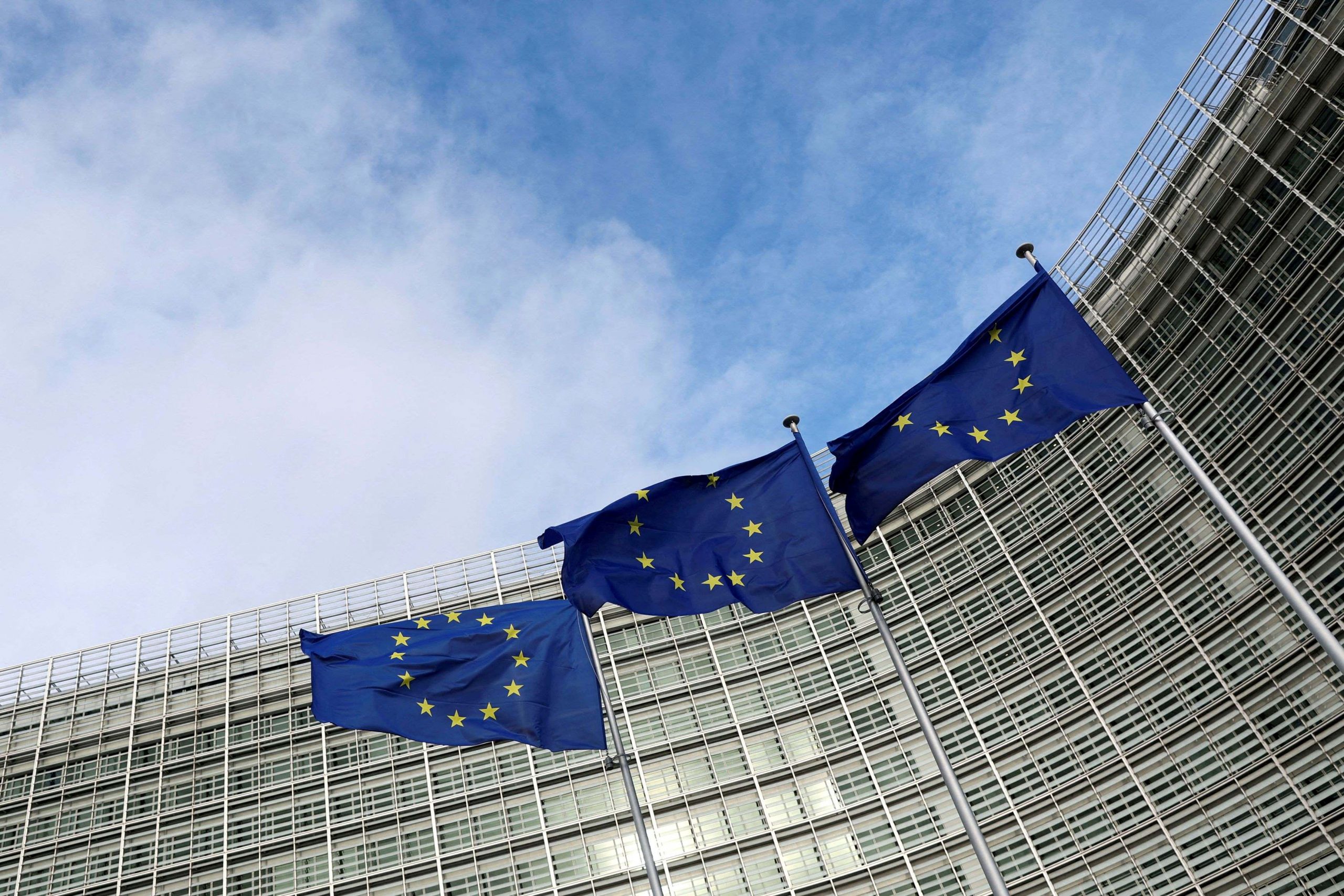As the Summit in Brussels unfolds, the EU27 leaders have so far failed to find common ground on the revision of the Multiannual Financial Framework (MFF).
Germany, Sweden, and the Netherlands disagree with the new proposal, indicating a willingness for improvements. On the other hand, Hungary disagrees with the necessity of revising the multiannual financial framework and opposes finding funds for Ukraine through it.
Finland, on its part, submitted a new proposal, which, however, was rejected. Viktor Orbán had earlier stated upon his arrival this morning that short-term financing for Ukraine is covered by the budget, but long-term solutions must be sought outside it.
During his intervention, Kyriakos Mitsotakis noted that Greece supported the new proposal, even though the overall level of ambition had been reduced. He reiterated that the revision of the multiannual financial framework should be approved as a package alongside financial assistance to Ukraine.
Italy, France, and Slovenia are among the countries that also call for approval as a “package.”
The Prime Minister emphasized that for Greece, a country at the forefront and the external border of the EU, resources for migration are a priority, and the added amounts are the minimum acceptable.
The President of Cyprus, Nikos Christodoulides, expressed support for increased funding for migration in statements made at the European Council.
However, just before 4:00 PM local time, the 27 set aside the issue of the revision of the multiannual financial framework and began discussions on enlargement, specifically regarding Ukraine, with the 26 uniting against Viktor Orbán’s intransigence.
Earlier, several leaders, including Charles Michel, Ursula von der Leyen, Olaf Scholz, and Emmanuel Macron, left the meeting room after negotiating with Viktor Orbán for about twenty minutes, with no apparent success in persuading him to agree to the initiation of accession negotiations with Ukraine.
Orbán mentioned, “Enlargement is not a theoretical issue,” adding that there are conditions that Kyiv does not meet. The hope for an agreement was expressed by the President of the European Parliament, Roberta Metsola, emphasizing that she is realistic but not pessimistic.



